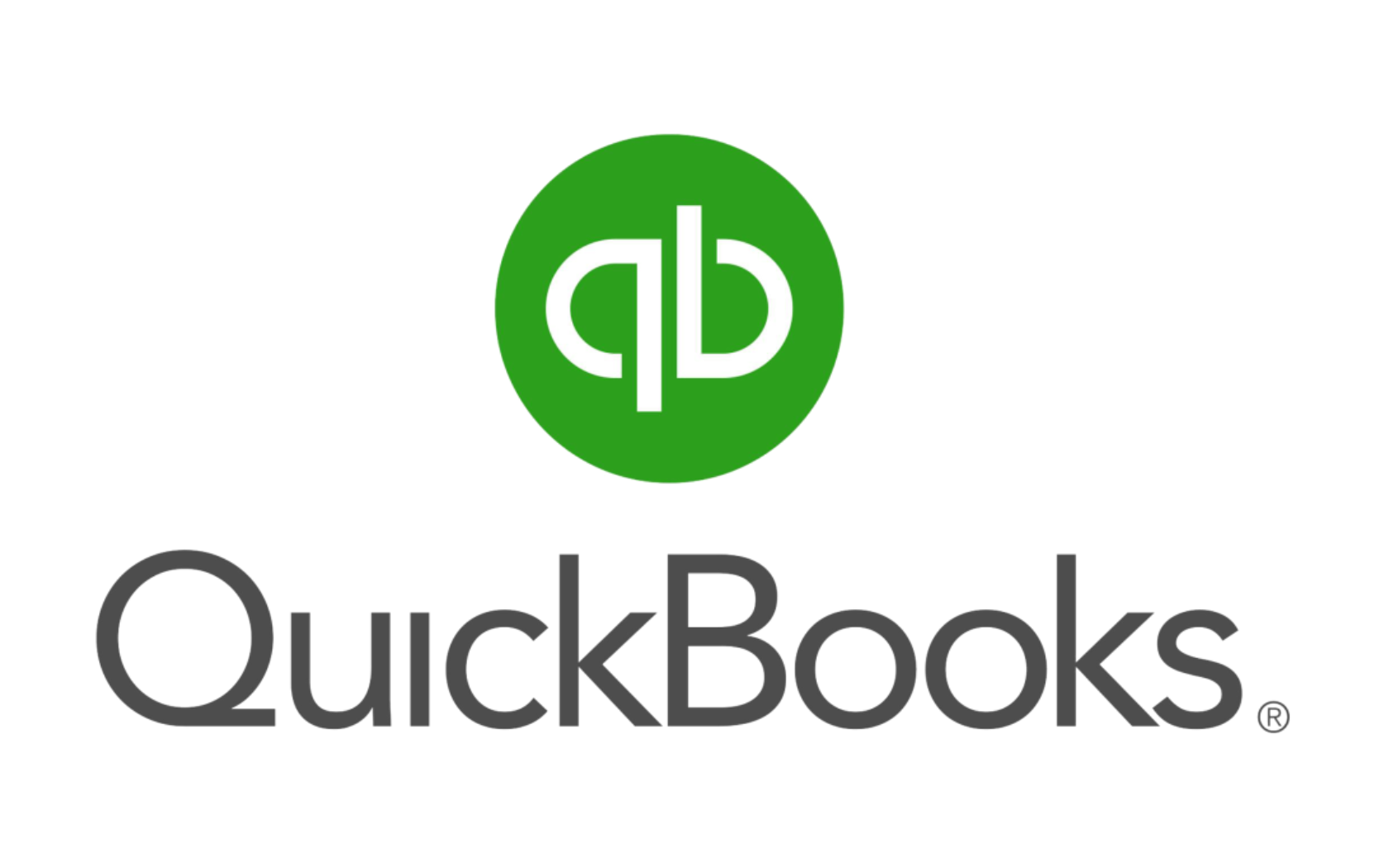Running a startup requires managing numerous tasks simultaneously, from project management and communication to finances and customer relationships. Without the right tools, staying organized and efficient can be a daunting challenge. This article highlights the Top 10 Business Operations Tools every startup founder should use to streamline workflows, improve productivity, and drive growth.

Why Business Operations Tools Are Essential for Startups
The Role of Tools in Streamlining Operations
Business operations tools help automate processes, manage resources, and enhance communication, enabling startups to focus on core business activities. With limited time and resources, using the right tools ensures founders can effectively oversee multiple aspects of their business while maximizing productivity.

Efficiency and Growth
As startups scale, managing operational complexity becomes increasingly difficult. Business operations tools provide a foundation for growth by improving efficiency, collaboration, and data-driven decision-making.
Top 10 Business Operations Tools for Startups
1. Trello – Project Management
What is Trello?
Trello is a visual project management tool that uses boards, lists, and cards to organize tasks. It’s ideal for startups that need a simple yet powerful way to track progress, assign tasks, and collaborate with teams.

Key Features:
- Visual task tracking through boards and cards
- Drag-and-drop functionality for ease of use
- Integration with other tools like Slack and Google Drive
Why Trello?
Trello’s user-friendly interface and flexibility make it perfect for startups looking to manage tasks and projects without a steep learning curve. It also works well for remote teams by keeping everyone on the same page.
2. Slack – Team Communication
What is Slack?
Slack is a communication platform designed for teams to collaborate through channels, direct messaging, and file sharing. It centralizes communication, reducing reliance on lengthy email threads.

Key Features:
- Dedicated channels for different projects or teams
- Real-time messaging and file sharing
- Integrations with project management and cloud storage tools
Why Slack?
For startups with small teams or those working remotely, Slack enhances collaboration by keeping communication organized and efficient. Channels can be customized to focus on specific topics, ensuring clarity and alignment within teams.
3. QuickBooks – Financial Management
What is QuickBooks?
QuickBooks is a cloud-based accounting software that helps businesses manage their finances, including invoicing, expenses, and tax preparation.

Key Features:
- Automated invoicing and payment tracking
- Expense categorization and bank reconciliation
- Financial reporting and tax preparation tools
Why QuickBooks?
QuickBooks simplifies financial management for startup founders, allowing them to keep track of cash flow, profits, and expenses in real-time. It’s particularly valuable for founders with little accounting experience, thanks to its intuitive design.
4. HubSpot – Customer Relationship Management (CRM)
What is HubSpot?
HubSpot is a CRM platform designed to help startups manage customer relationships, sales pipelines, and marketing activities. It provides tools for tracking customer interactions and nurturing leads.

Key Features:
- Contact management and deal tracking
- Email marketing automation and lead nurturing
- Analytics and reporting for customer interactions
Why HubSpot?
HubSpot’s free CRM makes it accessible to startups and provides powerful features to build and manage customer relationships. The platform grows with your business, offering additional tools for sales and marketing as your needs evolve.
5. Google Workspace – Document Management
What is Google Workspace?
Google Workspace is a suite of cloud-based productivity tools, including Gmail, Google Docs, Google Sheets, and Google Drive. It enables startups to collaborate on documents and share files in real time.

Key Features:
- Real-time document collaboration and sharing
- Cloud storage with Google Drive
- Easy integration with other business tools
Why Google Workspace?
For startups looking for affordable and efficient document management, Google Workspace is a go-to solution. Its cloud-based storage and real-time collaboration capabilities improve team productivity, whether working from an office or remotely.
6. Asana – Task and Project Management
What is Asana?
Asana is a project management tool that helps teams organize tasks, set deadlines, and track project progress through a visual interface.

Key Features:
- Task assignment and deadline tracking
- Progress monitoring with timelines and milestones
- Project templates for repeatable processes
Why Asana?
Asana is ideal for startups managing complex projects with multiple stakeholders. It ensures that tasks are completed on time and that everyone involved is aware of their responsibilities, making it a great tool for growing teams.
7. Stripe – Payment Processing
What is Stripe?
Stripe is a payment processing platform that allows businesses to accept payments online. It supports a wide range of payment methods, including credit cards and digital wallets.

Key Features:
- Easy integration with websites and mobile apps
- Support for global payments and multiple currencies
- Real-time payment tracking and reporting
Why Stripe?
For startups with eCommerce or subscription-based models, Stripe simplifies online payments and offers scalability as the business grows. It provides a secure and seamless way to handle transactions without requiring a complex setup.
8. Hootsuite – Social Media Management
What is Hootsuite?
Hootsuite is a social media management tool that helps startups schedule posts, track performance, and engage with followers across multiple platforms.

Key Features:
- Scheduling and posting across multiple social media channels
- Performance analytics and audience insights
- Social listening to monitor brand mentions and industry trends
Why Hootsuite?
Startups can streamline their social media efforts using Hootsuite’s scheduling and analytics features, saving time and ensuring a consistent presence across platforms. The tool is particularly useful for businesses that need to engage with customers regularly on social media.
9. Zoom – Video Conferencing
What is Zoom?
Zoom is a video conferencing platform that allows startups to hold virtual meetings, webinars, and team collaborations.

Key Features:
- High-quality video and audio calls
- Screen sharing and meeting recording
- Integration with other productivity tools
Why Zoom?
For startups with remote teams or clients around the world, Zoom is a reliable solution for maintaining face-to-face communication. It offers easy scheduling and recording options, making it a valuable tool for virtual collaboration.
10. Canva – Design and Branding
What is Canva?
Canva is a graphic design tool that enables startups to create professional-quality designs for marketing materials, social media posts, and presentations.

Key Features:
- Pre-made templates for a variety of design needs
- Drag-and-drop design interface
- Free and premium assets like images, fonts, and icons
Why Canva?
Canva empowers startups without a dedicated design team to create visually appealing content easily. Its user-friendly interface and extensive template library allow even non-designers to create polished marketing materials.
Expert Insights on Business Operations Tools
Case Study: Slack’s Role in Remote Team Success
For companies like Buffer, which operate remotely, Slack has become a critical tool for keeping team members connected and informed. Buffer credits Slack for enhancing communication across time zones, allowing its team to stay aligned on goals and progress, despite working from different locations worldwide.
Future Outlook for Business Operations Tools
1. AI-Driven Automation
As artificial intelligence (AI) continues to advance, we can expect more tools to incorporate AI-driven automation, reducing manual tasks and improving efficiency. For instance, AI tools that automate customer service responses or sales outreach can free up time for teams to focus on more strategic tasks.
2. Integration and Customization
The future of business tools lies in seamless integration across platforms. Startups will benefit from tools that can integrate with one another, allowing for a single source of truth and better data sharing. Tools that offer customization will also allow startups to tailor their workflows for maximum efficiency.
Conclusion
Key Takeaways
Choosing the right Business Operations Tools is critical to the success of any startup. From project management and communication to financial management and design, the tools outlined in this article offer the flexibility and scalability that startups need to grow efficiently. By leveraging these tools, founders can streamline operations, improve collaboration, and focus on scaling their business.
Final Thoughts
Don’t wait until your operations become too complex to manage—start incorporating these essential tools early on to set the foundation for sustainable growth. Evaluate your startup’s specific needs and choose the tools that will best support your team’s productivity and long-term success.
FAQs
- What is the best project management tool for startups?
Trello and Asana are popular project management tools that offer flexibility and ease of use for startups. - How does Slack improve team communication?
Slack centralizes team communication, allowing for real-time messaging, file sharing, and collaboration across different channels. - What tools should startups use for managing finances?
QuickBooks is a powerful tool for managing startup finances, including invoicing, expenses, and tax preparation. - Which tool is best for CRM management?
HubSpot provides a free and user-friendly CRM platform ideal for managing customer relationships and sales pipelines. - How can startups manage social media more efficiently?
Hootsuite helps startups schedule posts, track performance, and engage with their audience across multiple social platforms.








